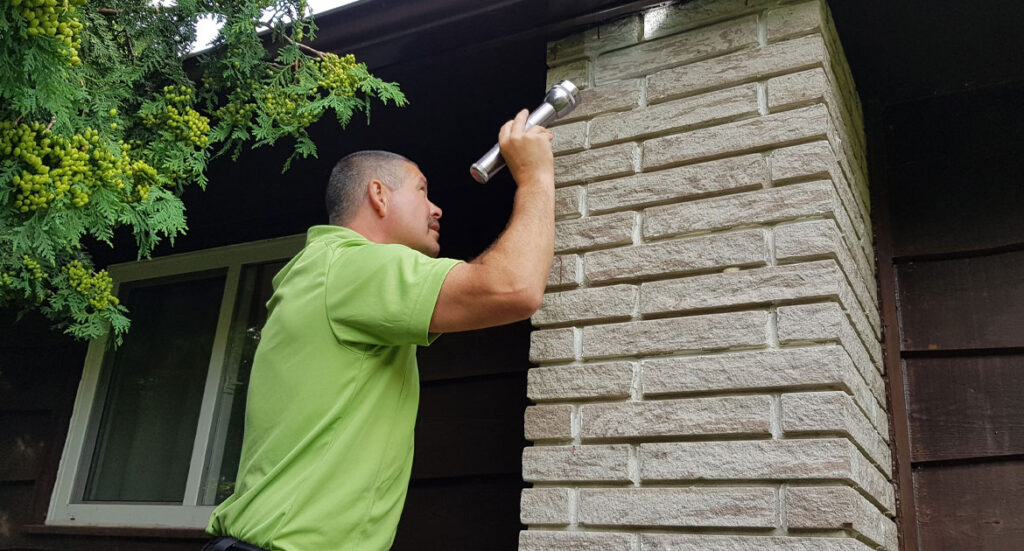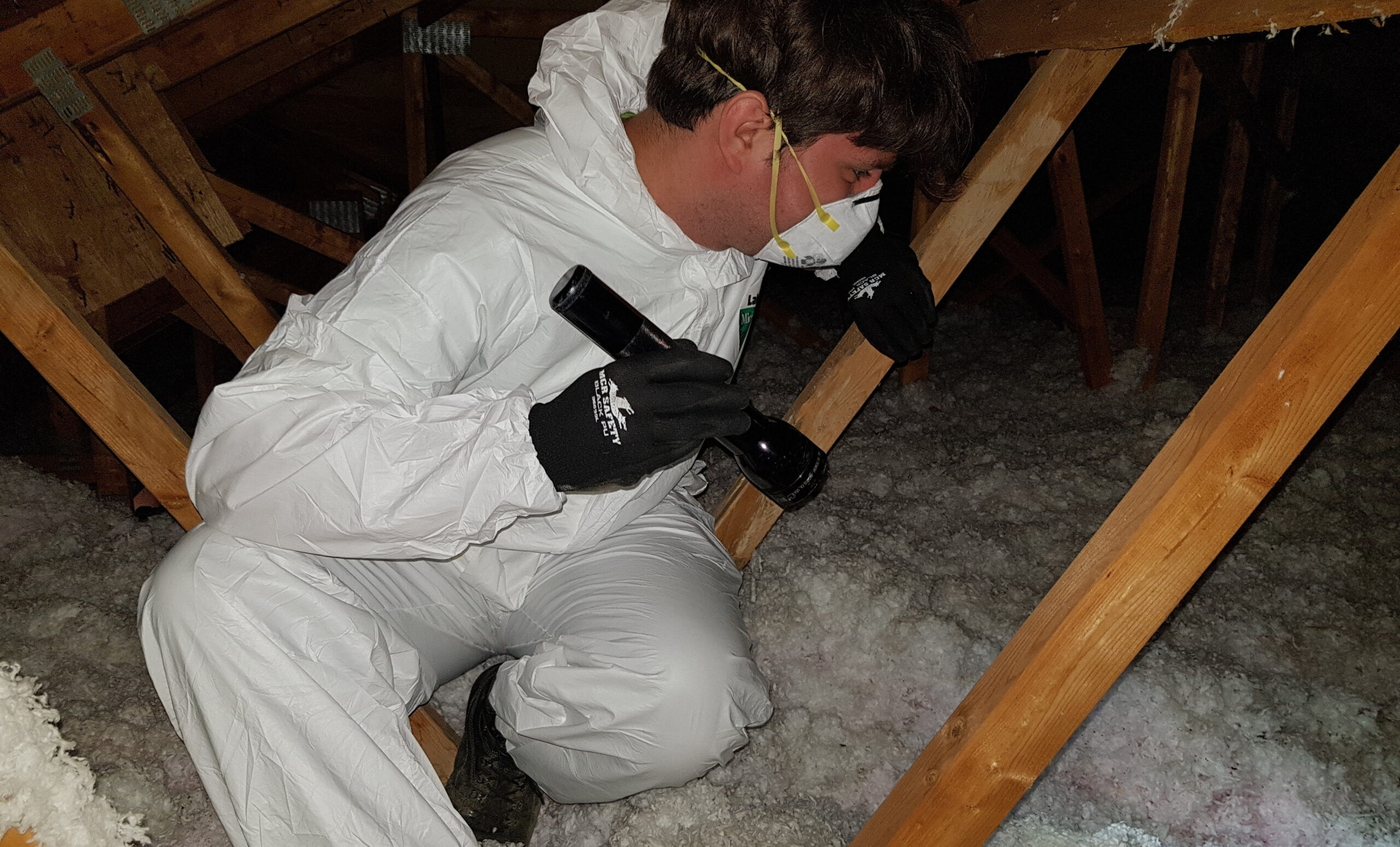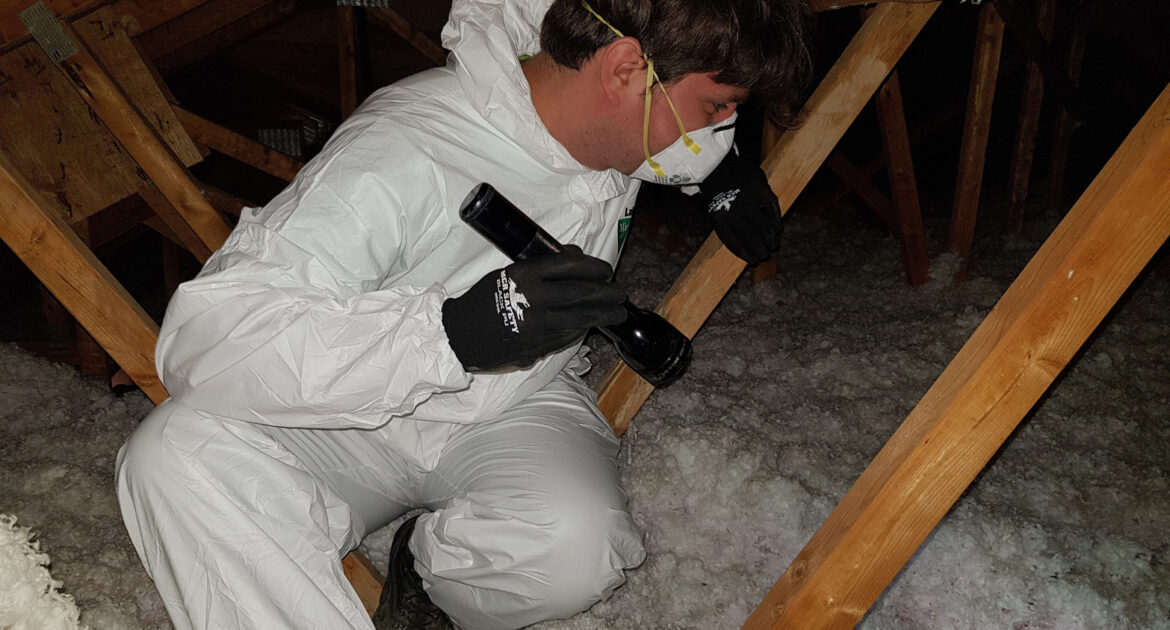If you are a Durham homeowner dealing with a rodent infestation, you may not realize that even when you evict mice and rats, the mess that they leave behind stays. This can be very harmful to you and your family because rodents urinate and leave their feces everywhere they go, and by doing so, they spread dangerous viruses and bacteria. Rodent infestations are a common problem in Pickering, where wildlife control services are required very frequently. Continue reading to know more about some of the diseases rodents carry, how they spread and why it is important to contact us for cleanup services rather than trying to handle the issue yourself.
How Do Rodents Spread Disease?
When the rodents are removed, you have to disinfect your whole house because you never know the full extent of the damage. Rodents are excellent climbers and can reach a variety of surfaces and places in your home, including:
-
- Furniture
- Windowsills
- Kitchen countertops
- The kitchen pantry
When mice or rats access your home’s pantry, they can chew through stored food, such as cardboard cereal boxes, and contaminate the entire interior of the cupboard with their urine and feces. Rodents relieve themselves often and at will, so you are likely to find their leavings in multiple places, which can put you at increased risk of catching the diseases these rodents carry. One of the most harmful and communicable diseases rodents carry is hantavirus which, if untreated, can lead to serious illness and even death.
What Is Hantavirus?
Many rodents can carry hantavirus, which can affect your body’s lungs and muscles. Hantavirus is carried via rodents’ droppings and humans can get infected through rats and mice, particularly deer mice. These rodents live in both rural and urban areas, as they are highly adaptable creatures and help themselves to any food scraps in unsecured trash bins or pet kibble that may attract them. Once they make their way inside, rodents may not only spread dangerous diseases but damage your home with their chewing as they make tunnels and paths to and from their multiple nesting areas. You can identify deer mice by their gray fur, white bellies, round ears and large, dark eyes. The tail appears naked but has a covering of fine hair.
Over time, you may come into contact with the rodents’ urine and feces and contract hantavirus. You may experience fever, chills, muscle aches and fatigue, and without treatment, the illness may progress quickly and leave you seriously ill with nausea, vomiting and dizzy spells. Sometimes you can become sick just by being exposed to their feces and inhaling the contaminated air. You’ll notice symptoms similar to those of flu, and if your immune system is weakened, exposure to hantavirus can have a fatal outcome. While deer mice are most likely to carry hantavirus, rodent control is important because this is not the only potentially dangerous disease rodents can leave behind.
What Other Diseases Can Rodents Carry?
Bubonic plague, otherwise known as the Black Death, can spread throughout your home via rodent urine and feces. You may experience frequent headaches, swollen lymph nodes and fever. Salmonellosis causes symptoms very similar to food poisoning and can include frequent vomiting, fatigue and fever. You may pick this illness up when you come into contact with infected surfaces, such as countertops.

Rat-bite fever can be transmitted through contaminated food, similar to salmonellosis. With this disease, the bacteria is spread through the rodents’ urine and mucous secretions. Also, holding an infected rat or mouse in your hand or being bitten poses a risk of becoming infected with this serious illness. You’ll notice symptoms like headaches, vomiting, and muscle pain. Rodents also carry ticks and fleas that may transmit Lyme disease, an inflammatory disease that causes flu-like symptoms and a skin rash that is a typical sign of Lyme disease. If treated early on with antibiotics, neurological problems like paralysis can be avoided.
How Can Skedaddle Help?
Now that you are familiar with all the dangers of rodents and the illnesses they can carry, the safest option is to leave the job of removing them to our trained professionals from Skedaddle Humane Wildlife Control. We are experienced and highly trained to clean and sanitize all areas after a rodent infestation and include all safety measures to protect your family during the cleanup process.
Once our techs discover mouse infestation signs, they will use powerful trade vacuums and advanced breathing equipment in the process of returning the infected area to a healthy and clean state. Next, our wildlife technicians will remove all live rodents, including baby mice or rats, in a humane manner before removing all the nesting material. This is the step that contains the highest risk of contamination, which is why we recommend you do not touch any rodent nests or try to clean them up on your own. Sweeping or vacuuming up rodent nests can send bacteria into the air, where you or other family members may breathe it in and become ill. Your home’s HVAC system can also carry infected air through its ducts, where it will reach other areas of the home.
How Can You Prevent Future Infections?
One way our wildlife technicians can prevent rodent-borne illnesses is to provide you with tips and helpful information about how to keep these animals away from your property, especially when it comes to how to get rid of rats. Since rats are often attracted by food, water and a warm place to nest over the winter, removing these creature comforts can be an effective way to discourage them. For example, if you have pets, store their food in airtight bins with lids that screw down so rodents cannot chew through them. Bring in your pet’s water bowls at night and do not allow standing water on your property.
Our wildlife cleanup crew can also help you identify and seal any cracks, crevices or holes in your home that give rodents a way into your home. Most rodents can squeeze through holes smaller than a quarter and they are intelligent and inquisitive creatures that may surprise you with their ingenuity.
If you live in Pickering and need professional wildlife control services, Skedaddle will help assess, remove and clean the contaminated area in no time, so get in touch with Skedaddle today and ensure the health and safety of your home and family.




